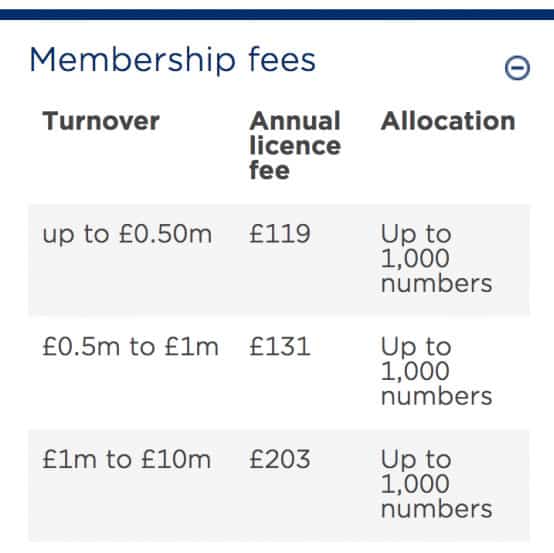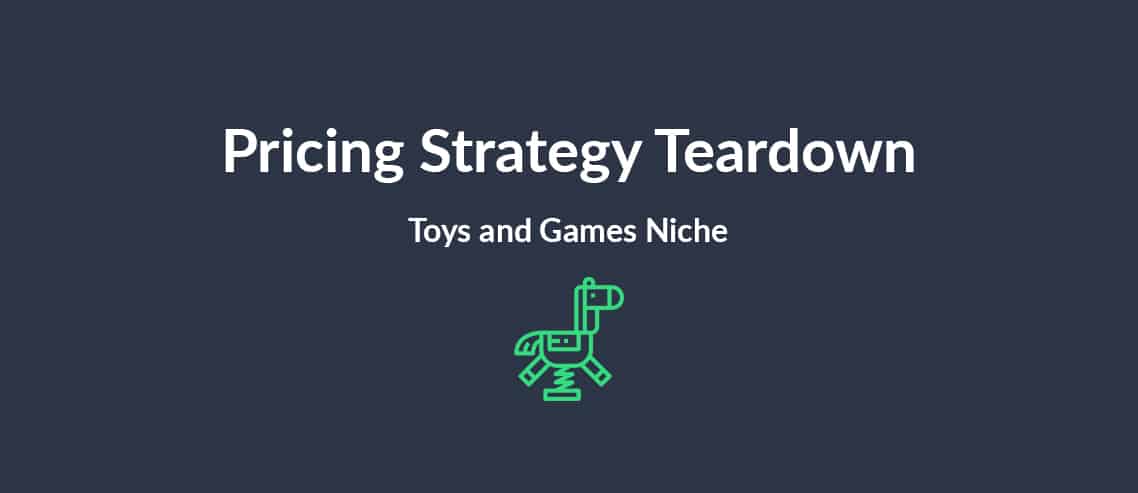Through your foray into the world of ecommerce, you may have heard of acronyms such as EAN, GTIN, SKU.
But just what do they mean?
As a newcomer, it can be confusing to have a whole new vocabulary to learn and understand.
Luckily, in this post, we’re going to focus on what ‘EAN’ is and how it affects your store.
By the end of this post, you’ll have a full understanding of what a European Article Numbering (EAN) code is, why we use it and where it’s most commonly used.
Get ready!
What is the European article numbering (EAN) code?
European Article numbering code (EAN) is a series of letters and numbers in a unique order that helps identify specific products within your own inventory.
It’s a unique way of identifying products in your inventory through a series of numbers and letters and it is used to help build credibility for your eCommerce store.
Your EAN code will be a 12 to 13 digit code accompanied by a barcode. Think of it like a fingerprint, where no two are the same.
In most cases, the number and barcode will be presented on the packaging of the actual product.
Your EAN codes are usually scanned and read by a computer. (Think when they scan your shopping in the supermarket). In the case where the barcode is unable to be scanned, you are able to enter the number manually.
In general, EAN codes make it easier for suppliers, sellers, manufacturers, and consumers to:
- Search and find specific products
- Minimize the level of human error when it comes to processing products
- It creates a standardized system that does away with handwritten and often inconsistent information and labeling.
Why do we use the European article numbering (EAN) code?
One of the first things to understand is that not everyone who sells online will need an EAN code.
It refers to people who sell online to an audience within Europe. However, if you’re selling digital products (even to Europe), you don’t need an EAN code. If you do hope to sell your products within Europe, then you need to ensure each item has an EAN number.
Your manufacturer also needs to have EAN codes so that vendors can easily find and compare the products online.
If you dropshipping your products, then you can get in touch with your supplier to add EAN codes to your products themselves.
When you start implementing EAN codes, you increase the value of your products. This is because, without the code, it becomes increasingly harder for consumers to find the products they’re looking for.
If you can improve the way a client sources and locates your products, you’ll appear more attractive than your competitive counterparts.
Big marketplaces like Google and Amazon are making it harder to use invalid codes by making it mandatory to have EAN codes on all products sold on their platforms.
So if you want to gain significant visibility on these marketplaces, and hope to sell within Europe, your products need to have an EAN code.
Where do we use the EAN code?
You usually use it on products you want to standardize and sell online or in-store.
Plenty of online vendors will allow you to buy it from them. However, the legitimate vendor is GS1.

GS1 offers a subscription model (although this does become costly for some sellers).
However, they have an annual fee for which you can use a set amount of numbers. The more numbers you need, the more money you’ll pay.
Does every product need an EAN code?
Are there any cases where you don’t need an EAN code?
Yes.
First, if you’re not planning to sell in Europe, you don’t need it. But note that there will be other codes that you will need to sell in other areas of the world.
Second, if you’re selling products in the crafts or art category, you also don’t need a barcode.
In these cases, you can still sell on Amazon and Flipkart, provided you apply for a brand registry. You’ll need to present your trademark certificates and wait to be approved. Luckily, once approved, you can continue to sell.
Second, to that, you can apply for an EAN exemption. This is also provided by Amazon and takes around a month to complete.
However, this process is only guaranteed for one month. Unlike the brand registry, you need to continually apply each month that you hope to sell your products.
How many EAN codes you should get wildly depends on how many products you hope to sell. If you sell accessories with different colors and patterns, you will have to decide how many unique codes you need to get.
In the same way, within the apparel niche, you’ll need unique identifying numbers for each style pattern and size you’re selling.
Final thoughts on European Article Numbering
If we want the world of ecommerce to be really effective, then we need to ensure there is a degree of standardization.
If each ecommerce vendor had their own numbering system, you’d find that many of the numbers from different vendors would conflict with each other. You’d have duplicate numbers and countless errors would ensue when it comes to returns and safe shipping.
This is why EAN and the other codes exist, to provide consumers (and retailers) with a degree of standardization that will lead to greater efficiencies.
By now, you should have a thorough understanding of what a European Article Numbering code and whether its use-case applies to you.
See if you could improve your business processes by implementing EAN codes!
Frequently Asked Questions
You must visit the GS1 website, which is a non-profit organization for standards in global business communication. The original provider for EAN code is GS1, but there are online websites that resell the 13 digit number.
While UPC is the first commonly-used product code designed in the 1970s, EAN code was born out of a need for European retailers. Although the two codes are nearly identical, EAN code is widely used in European countries, while UPC dominates the North American retail industry.
Yes. The code was designed to identify different products with a unique set of numbers.



Leave a Reply